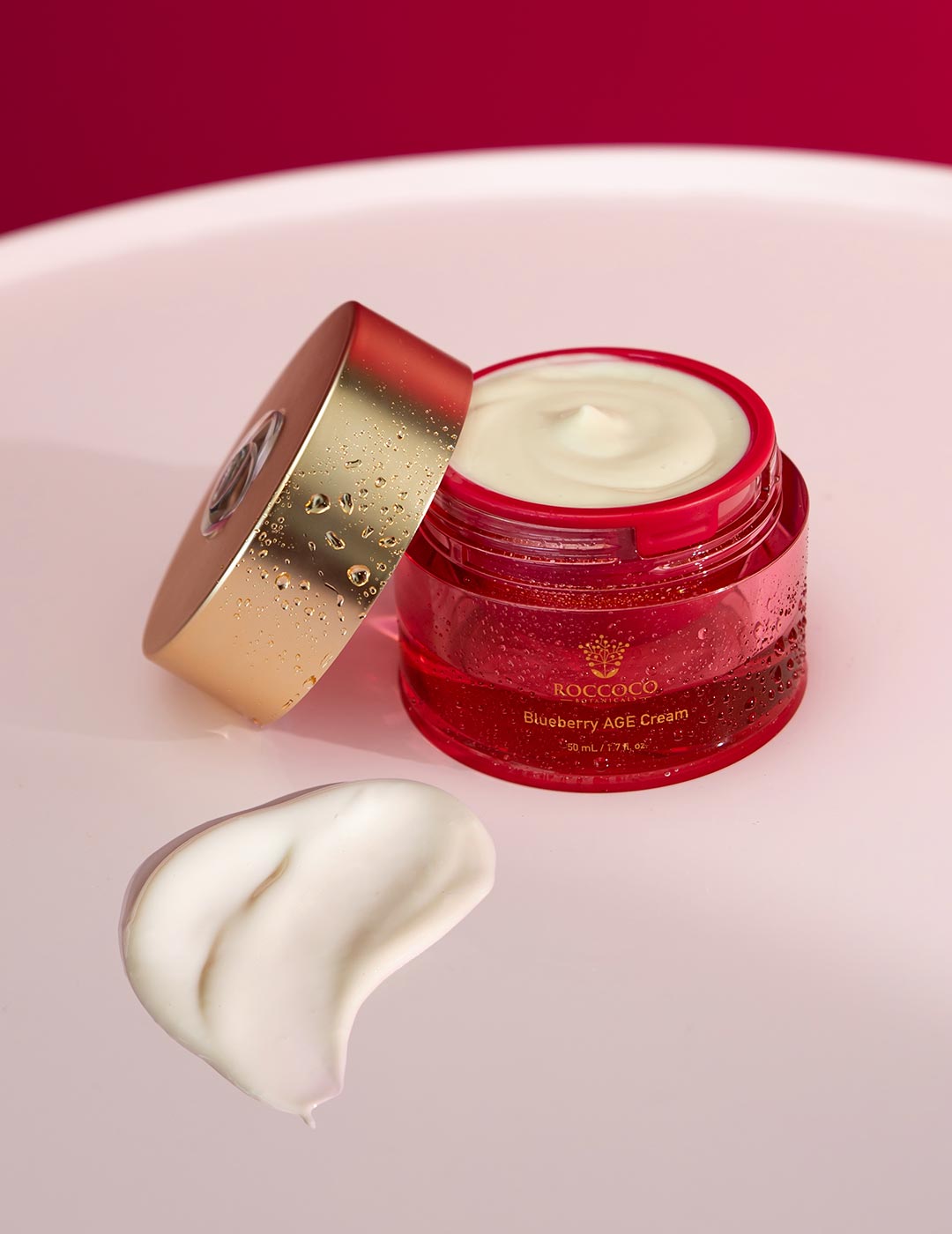Are you confused about sunscreen? Don't worry, you're not alone. With so much information out there, it's hard to separate fact from fiction.
But here's the truth: sunscreen is crucial for protecting your skin from the harmful effects of the sun.
Today, we'll debunk common myths and present the facts about sunscreen.
Common myths about sunscreen
Sunscreen is a staple in most skincare routines, but there are many misconceptions about its true purpose and effectiveness.
These myths can discourage people from using sunscreen, which puts their skin at risk.
Myth: People with darker skin don't need sunscreen
One widespread myth is that people with darker skin don’t need sunscreen. This is a dangerous misconception.
Although melanin, the pigment that gives skin its color, does provide some natural protection against the sun, it's not enough. Regardless of your skin tone, sunscreen is essential.
Studies have shown that while people with darker skin are less likely to get skin cancer, they are more likely to die from it.
This is largely due to later detection and a lack of awareness about the importance of sunscreen.
So, whether you have fair skin or a darker complexion, make sure you're protecting yourself with sunscreen.

Myth: Sunscreen is only necessary during the summer months
Another common myth is that sunscreen is only necessary during the summer. This is false.
The sun's harmful UV rays are present year-round, not just in the summertime. In fact, on cloudy and snowy days, UV rays can reflect off of surfaces and cause skin damage.
In the winter months, the sun can even be more dangerous, especially if you're spending time in the snow.
Snow reflects up to 80% of the sun's UV rays, making it essential to apply sunscreen, even on the coldest days.
Myth: Higher SPF means better protection
The final myth we'll debunk is that a higher SPF means better protection. SPF, or Sun Protection Factor, measures the amount of UVB radiation protection a sunscreen provides.
However, the scale isn't linear. SPF 30 doesn't offer double the protection of SPF 15.
In reality, SPF 15 blocks about 93% of UVB rays, while SPF 30 blocks 97%. The difference is minimal, and no sunscreen can block 100% of UVB rays. The key to effective sun protection is not just high SPF, but regular application and reapplication every two hours.

Fact: Sunscreen helps prevent skin cancer
Now that we've debunked some myths, let's focus on the facts. Sunscreen plays a crucial role in preventing skin cancer.
According to the Skin Cancer Foundation, daily use of SPF 15 or higher sunscreen reduces the risk of developing melanoma by 50%.
This is because sunscreen blocks the sun's harmful UV rays, which can cause skin damage that leads to cancer.
Sunscreen also shields your skin from the type of sun damage that can increase your risk of melanoma, the most dangerous form of skin cancer.
Fact: Sunscreen helps prevent premature aging
Another fact about sunscreen is that it helps prevent premature aging. The sun's UV rays are a major cause of premature aging, including wrinkles and age spots.
By blocking these rays, sunscreen protects your skin and helps prevent these signs of aging.
Fact: Sunscreen should be used daily, regardless of weather conditions
Sunscreen isn't just for sunny days. Whether it's sunny, cloudy, rainy, or snowy, you should be applying sunscreen.
UV rays can penetrate clouds and even reflect off of snow and water, increasing your risk of skin damage.
Even if you're indoors, you're not completely safe from UV rays. They can penetrate windows, so if you're near a window or drive regularly, it's important to protect your skin.
To ensure you're getting the best protection, apply a broad-spectrum sunscreen, which blocks both UVA and UVB rays, daily.
Choosing the right sunscreen for your skin type
Now that we've established the importance of sunscreen, how do you choose the right one for your skin type?
Sunscreens come in different forms, including lotions, sprays, gels, and sticks. The type you choose will depend on your personal preference and lifestyle.
For dry skin, a moisturizing sunscreen lotion might be best. If you have oily skin, look for a gel or spray with a matte finish.
For sensitive skin, opt for a physical (also known as mineral) sunscreen that contains zinc oxide or titanium dioxide and is free of fragrances and parabens.
When it comes to SPF, dermatologists recommend using a sunscreen with an SPF of at least 30, which blocks 97% of UVB rays.
And remember, no matter what SPF you choose, it's important to apply your sunscreen generously and reapply every two hours.
The myths surrounding sunscreen can be misleading and harmful. It's essential to separate fact from fiction and understand the true importance of sunscreen.
Sunscreen is more than just a summer accessory; it's a year-round necessity that can reduce your risk of skin cancer and premature aging.
Choosing the right sunscreen for your skin type and using it daily, regardless of weather conditions, is a simple step that can have a big impact on your skin health.
Remember, it's never too early or too late to start protecting your skin.

Read more

Are you looking for a natural solution to achieve smooth and glowing skin? Look no further than sunflower oil. Packed with essential nutrients and antioxidants, sunflower oil is a versatile ingred...

If you're tired of dealing with dark spots, blemishes, or uneven skin tone, papaya extract may be the solution you've been searching for.



